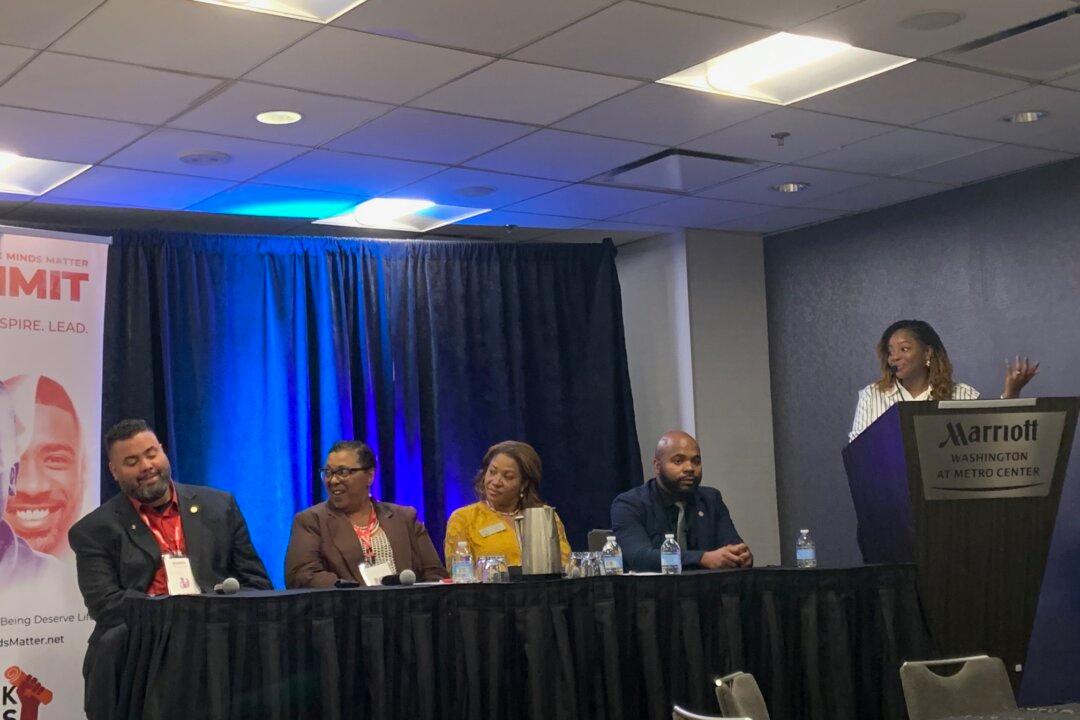Black Minds Matter founder Denisha Allen calls school choice the civil rights issue of our time. And even though the few black Democrats that support school choice legislation are being targeted by their own party, they say they will continue to do so for the well-being of kids because it’s not about their position or the party.
“So, for me as a black man, I feel as though I am doing a disservice to my community saying no (to school choice),” said Nebraska Democrat state Sen. Terrell McKinney during a panel discussion at the Black Minds Matter summit in Washington where educators gathered to promote school choice and education excellence on June 8. “Let’s at least try something. It might work; it might not work, but at least try something else.”





